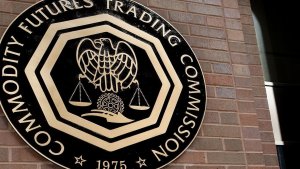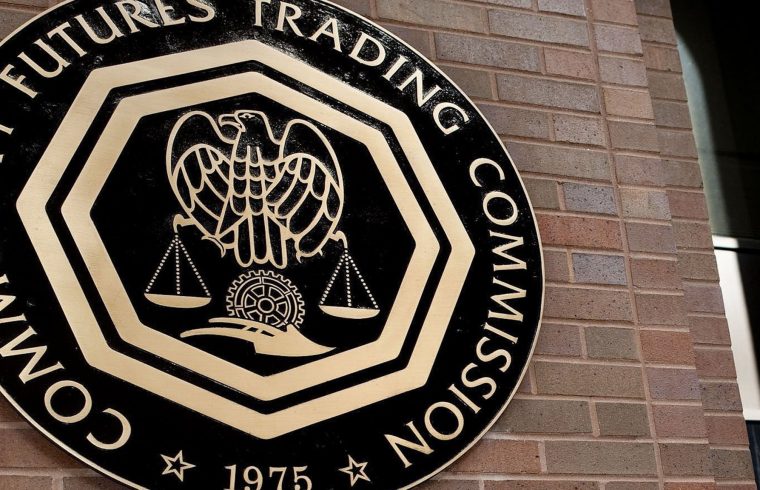“As we said at the outset of this case, the illegal use of inside or confidential information undermines confidence in markets and will not be tolerated.”

A jury in the Southern District of Texas issued a verdict finding Andrew Gizienski and EOX Holdings, LLC (EOX) liable for secretly taking the other side of their customers’ orders without consent 65 times and disclosing their customers’ confidential order information five times, in violation of CFTC regulations. The jury awarded $7 million in civil monetary penalties for these violations.
The same jury found EOX liable for both failing to supervise Gizienski and to create and/or maintain required copies of seven pre-trade communications. These violations will cost the firm $490,000 in civil monetary penalties.
In addition to the jury’s $7.49 million civil monetary penalties award, Senior Judge Sim Lake imposed a 120-day trading and registration ban on Gizienski. Judge Lake also ordered EOX to implement adequate policies and procedures within 60 days, and permanently enjoined both defendants from further violations of the CEA.
“Illegal use of inside or confidential information undermines confidence”
Acting Director of Enforcement Gretchen Lowe, said: “The CFTC is committed to maintaining the integrity of the markets and protecting customers. As we said at the outset of this case, the illegal use of inside or confidential information undermines confidence in markets and will not be tolerated.”
The trial was the culmination of an action the CFTC brought against Gizienski and EOX on September 28, 2018, alleging that the defendants misused customer information by trading on material, non-public information and disclosing confidential customer information to a favored client.
The financial watchdog was the main force against the defendants and presented numerous witnesses and documentary evidence, including instant message chats and trade data, to establish Gizienski repeatedly disclosed customer names and orders, and traded opposite his own customers.
The EOX Holdings case involved a firm that executed block trades of energy commodities for its clients. The CFTC alleged that the trader at the firm, Andrew Gizienski, improperly disclosed information about these block trades to other firm clients.
In EOX Holdings, the court identified three paths available to the CFTC to prove that the firm owed a duty of trust and confidence to its clients for whom it executed block trades:
- whether applicable law mandates the confidentiality of block trade order information;
- whether restrictions set forth in the rules of individual exchanges impose confidentiality on block trade order information;
- whether the financial institution and its block trading clients entered into confidentiality or nondisclosure agreements.
The court ultimately found that, in the context of commodities transactions, applicable law may mandate the confidentiality of block trade order information.












